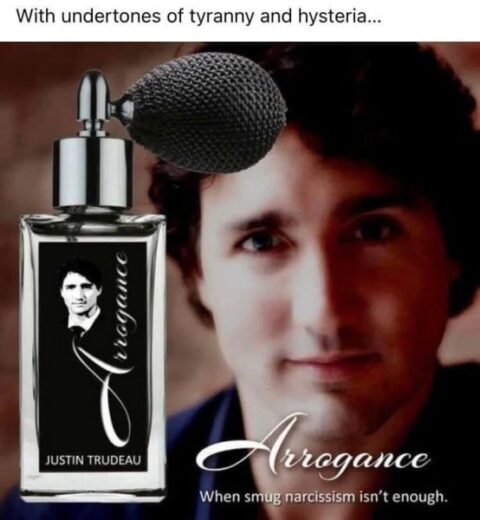In The Line, Stefan Klietsch ponders the idea that a lot of the problems the Trudeau Liberals are encountering in the run-up to the next federal election are direct or indirect effects of the constitutional changes Trudeau pushed through at the first party general meeting after he became Prime Minister:
With the ongoing and persistent slump of Justin Trudeau’s party in the polls, some observers have looked back at what caused the Sunny Ways team to lose its lustre in their years of governing. Some would point to the prime minister’s harassment of Judy-Wilson Raybould in the SNC-Lavalin scandal, an episode in which the prime minister clearly lost the battle for public opinion. One personal grievance of mine is the cynical promise that the prime minister had made of the 2015 election being the last such election under the existing electoral system. Others just point to post-pandemic economic conditions, especially higher interest rates.
But looking back to the very beginning of the Trudeau era, the Liberal leader arguably planted the seeds of his inevitable downfall quite quickly after winning his majority in the 2015 election. I speak here of the constitutional package that Trudeau pushed the Liberal Party of Canada to adopt at its 2016 Biannual General Meeting.
It is a recurring theme in Canadian politics that party leaders who form government tend to become more distant and isolated from their grassroots. But whereas most prime ministers and premiers would be content to delegate management of constitutional party debates to their submissive sycophants, a sitting prime minister took it upon himself to invest his personal brand in an appeal to the party’s convention floor to pass an omnibus “modernizing” constitutional package. Since the prime minister did not again participate in the party’s constitutional debates after 2016, he evidently got everything that he wanted all in one go, and with minimal resistance.
Trudeau’s cynicism here is worthy of mockery. Imagine thinking to yourself, “Just months ago, the rejuvenated grassroots institutions of the Liberal party swept me to power and ended the decade of Liberal decline. Better fix what ain’t broke!” The changes, which included slashing of the influence of Electoral District Associations and of policy conventions, were obviously not intended as some grand exercise in democracy empowerment, but rather were intended to protect an incumbent government from any inconvenient messages and influences from a potentially unruly party grassroots.
Yet it was the same independent party grassroots that had helped bring Trudeau to power in the first place. In the 2015 campaign the Liberals had run on what columnist Andrew Coyne called a “daring” platform, a platform crafted with more input and insight than can be offered by only pollsters and political operatives. The then Liberal platform was obviously a factor in the Liberals’ poaching of supporters from the NDP, which had at times held a lead in the polls. From cannabis legalization to electoral reform to the Canada Child Benefit, where did all the big new Liberal ideas come from? The party grassroots and institutions, of course.




